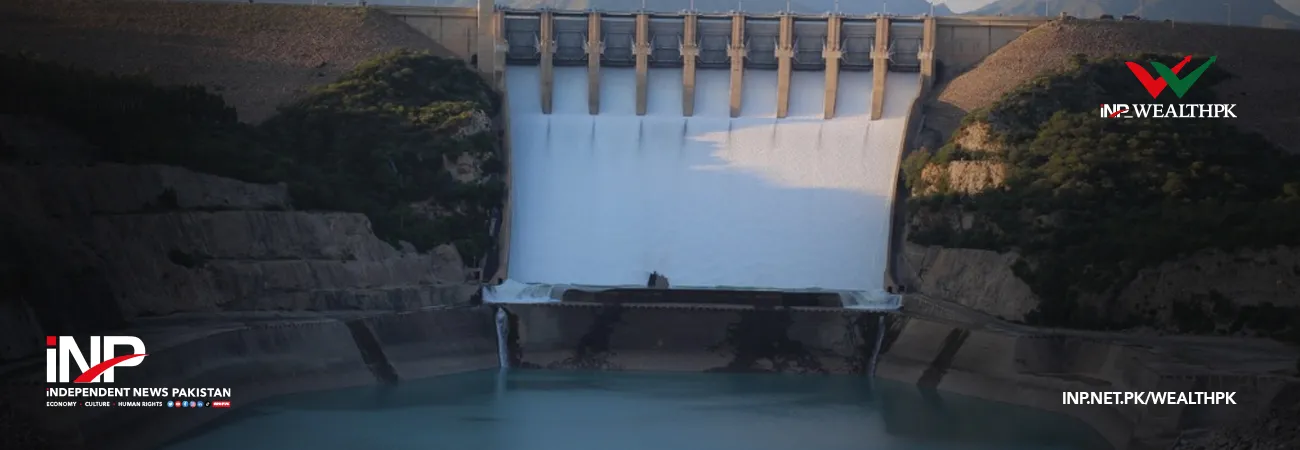INP-WealthPk
Arooj Zulfiqar
Improving governance is crucial to addressing Pakistan's water challenges. "By addressing access disparities, enhancing efficiency, securing vital water sources, and bolstering governance and management practices, the nation can achieve a more sustainable and water-secure future," says Saiqa Imran, Deputy Director at Pakistan Council of Research and Water Resources (PCRWR). "The disastrous floods of 2022 significantly impacted Pakistan's economy, livelihoods, lifestyles, and social fabric, thereby posing challenges to water and food security," she maintained while talking to WealthPK. "The recent floods and droughts have highlighted the need for careful conservation of our rapidly declining water resources," Saiqa Imran stressed. She underscored the urgency of safeguarding critical water sources. "Preserving our water resources is not only about meeting immediate needs but is an investment in our future resilience against the growing threat of water scarcity."
"The equitable distribution of financial resources is pivotal in ensuring that the most vulnerable communities have reliable access to water. "A targeted allocation of funds, guided by a transparent and efficient governance model, is essential for addressing disparities in water accessibility and building resilience in marginalised areas." Furthermore, she highlighted the need to integrate advancements in science and technology into water management practices. "Incorporating cutting-edge research and technology enables us to innovate in our approach to water conservation, making our strategies more adaptable to the evolving challenges." "Simultaneously, we must not overlook the social dimensions of water. A comprehensive plan must consider the diverse needs and perspectives of our population, ensuring inclusivity," Saiqa Imran stressed. The PCRWR official said that as Pakistan's population continued to grow, the water demand was escalating, putting further strain on already scarce resources.
"Without proper conservation efforts, water usage will remain inefficient and unsustainable, contributing to the depletion of natural reserves." "Furthermore, the absence of reliable storage facilities will leave communities vulnerable to droughts and other natural disasters, exacerbating the water crisis. It is imperative that we address these issues now to prevent an even more dire situation in the years to come," she cautioned. According to WealthPK research, in 1951, the per capita water availability in Pakistan was 5,600 cubic meters, which has now declined to just 908 cubic meters, making the country water-stressed. With the current population estimated at over 220 million, as opposed to 34 million in 1951, it is feared that the country will soon fall into the water-scarce category. Around 29 million-acre-foot water is being wasted every year in the country due to poor storage facilities and accumulation of silt in the main water reservoirs of Tarbela and Mangla. This water wastage costs our economy billions of rupees every year.
Credit: INP-WealthPk













